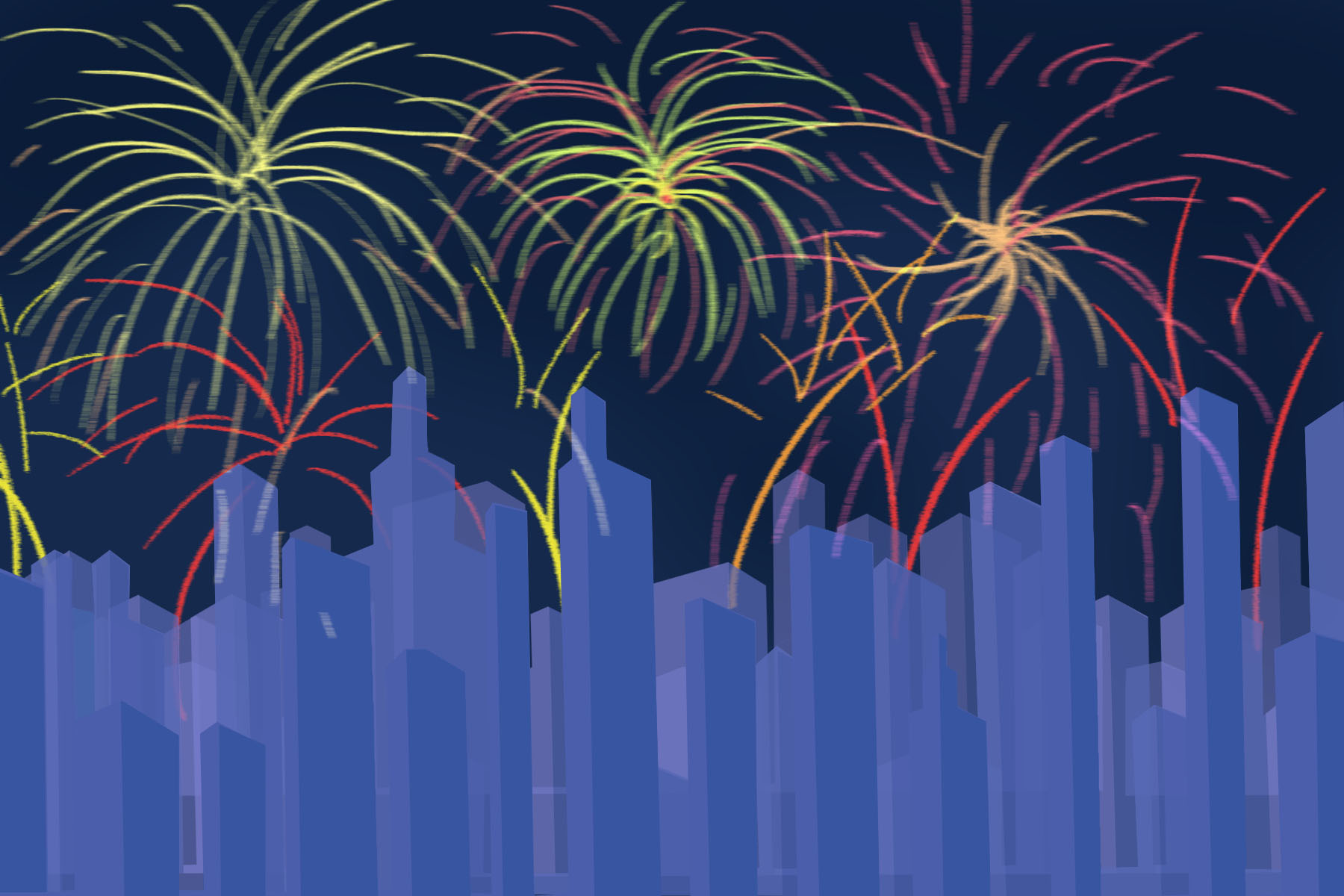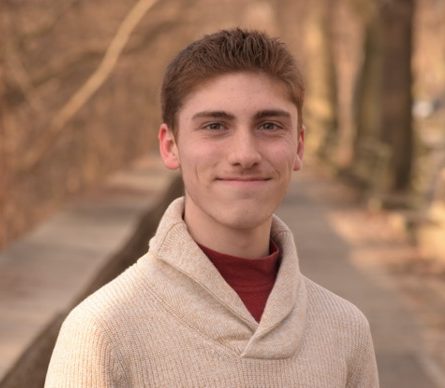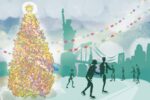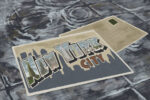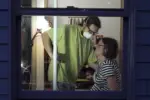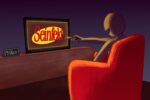Earlier this month, I moved to a new apartment in Washington Heights, an area just south of Manhattan’s suburban tip. It was a bit of a rash decision a friend and I made when Columbia announced that they would no longer offer housing to sophomores in the fall. What’s a student to do when their options are limited? Luckily, the apartment itself has been quite nice, except for the fireworks.
Our neighborhood is known colloquially as Spanish Harlem, due to the mostly working-class Latinx population. Those who don’t know the area might associate it with less than wholesome vibes, but wholesome is just how I would characterize the community. One day, my roommate and I were startled when we heard what sounded like bloodcurdling screams coming from below, only to see a family of six splashing in a kiddie pool. An ice cream’s siren twinkled in the distance. It’s a cute, family-oriented complex.
Which made the fireworks so unsettling. At first, we thought they were gunshots — as it’s fair for burgeoning New Yorkers to assume — but the boom’s declension from a high pitch to a lower, softer tone revealed that these weren’t emanating from guns, but from pyrotechnics. While reassuring for obvious reasons, it also left us curious.
A couple of days after we first heard the fireworks, my roommate and I visited with a friend who contributed some fascinating insight into the incident. He explained that there have been rumors of police officers setting them off to stoke paranoia and reaffirm their own salience in the communities they serve.
Of course I was skeptical, but after doing some research, I realized that there was indeed more to the story than I had once thought. However, it wasn’t as sensational as I’d been led to believe. Instead, the summer fireworks represented celebration, rebellion and even a sort of homage to the city’s contested history with illicit spectacle in the sky.
Dyckman, one of Manhattan’s northernmost neighborhoods, holds an annual fireworks display. It’s a family-oriented event where people grill out on the sidewalks at night, kids dance by sprinkling fire hydrants and motorcyclists wheelie down the street as firecrackers sizzle around them. Although it might be unconventional, it blends with the individuality and do-it-yourself mentality that this nation was founded upon and what New York is often known for.
Yet even in footage of the 2013 event, a definite tension can be sensed. A couple of older women denounce police officers’ disagreement over the use of these fireworks, regardless of how it has brought a community together. When seen through a lens of racial injustice, its potential to become an act of rebellion becomes undeniable.
Indeed, that’s how much of the New York City fireworks have come to be known at this point. After the killings of George Floyd, Breonna Taylor, Ahmaud Arbery, Rayshard Brooks, Jacob Blake and countless other Black Americans, one must consider an illegal activity, even something as random and utterly dangerous as fireworks in a metropolis, within the context of deep-seated frustration about the state of the nation.
That’s not even acknowledging the pandemic, which has cooped everyone up like hens in the winter. Our eggs are ready to hatch, and to be frank, people want to see explosions.
Except those who don’t, myself included. Although one can certainly applaud the fireworks as a political act, and perhaps a more peaceful one than what may immediately come to mind, it is still a major disruption not only to sleep but also to studying. If you’re like me and study into the wee hours of the night, hearing what sounds like a bomb being dropped on your block every 30 seconds isn’t the best way to teach yourself calculus.
Some have even gone political against the dazzling kaleidoscopes in the sky. Many residents have created a petition to stop the fireworks completely. There’s a bit of irony in combating a somewhat political action with another that seeks to silence it, as if it has no underlying message aside from being a nuisance. The potential for a scuffle is palpable.
Yet such possibilities need not even be acknowledged, since real incidents can corroborate that for us. In Portland, Oregon, some officers were injured by protestors throwing fireworks. Photos of the injuries show a few small burn marks on an officer’s leg, like a bad bundle of mosquito bites. However difficult it is to sympathize with the police, given the circumstances in which the country finds itself, one has to wonder if this sort of behavior is acceptable.
And I think the immediate answer is “Yes.” Despite the injurious consequences of lighting up the night sky with red and green sparkles, when the goal of so many people right now is to be heard, whatever means necessary are as fine as any, even if it disrupts the status quo. It is because of that disruption that it is effective in the first place.
Of course, this isn’t a trend isolated within New York. I remember back in Ohio, where I would be living if not for my roommate’s Herculean efforts to find us a flat in the city, my dreams would often be triggered by real-life stimuli: the cracklings of pyrotechnic protests in Columbus, the state capital and my home at the time. Whenever I heard those explosions go off, as frustrated as I was that I couldn’t get a wink, I never stopped thinking about the lives lost to police brutality. As strange as it is, the tactic gets our attention, and it’s hard to drown out.
Perhaps this is a lesson on why it’s important not to make snap judgments about others’ behaviors. Just because you don’t like it doesn’t mean that it is worthless. Indeed, it very well could forge community or even combat growing manifestations of fascism. Regardless of the intent, it has the ability to draw ears and even eyes on issues that matter to so many people, and nothing is more important than that awareness.


